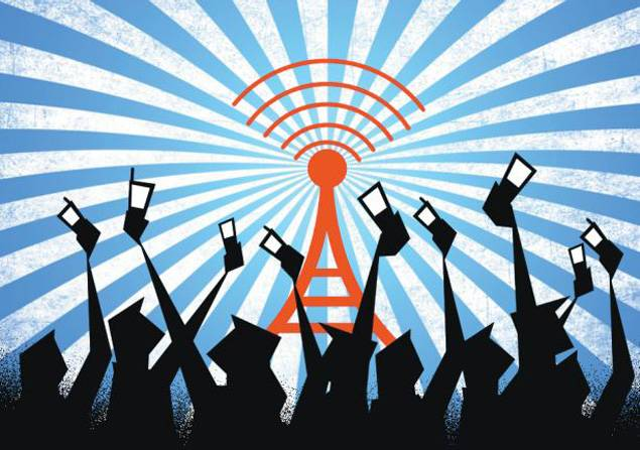
How does internet access improve lives in developing countries?
Internet access can help to improve access to information, opportunities, and services, and can contribute to the overall well-being and development of communities in developing countries. Five examples include:
- Education: Internet access can provide people in developing countries with access to a wealth of educational resources, including online courses, educational videos, and other materials. This can help to improve the quality of education and expand opportunities for learning, especially for people in remote or underserved areas.
- Employment: Internet access can help people in developing countries to find and apply for jobs, as well as connect with potential employers and clients. It can also enable people to start and run their own businesses, providing a source of income and economic opportunities.
- Healthcare: Internet access can provide access to health information and resources, including telemedicine services, which can improve access to healthcare and lead to better health outcomes.
- Communication: Internet access can help people to stay connected with friends and family, and to access news and information from around the world. It can also facilitate the exchange of ideas and facilitate collaboration with others.
- Political participation: Internet access can provide a platform for people to engage in political discourse and participate in the democratic process, helping to promote transparency and accountability in governance.
Apply Now: $60,000 Internet Access and Connectivity Grants
The Internet is a place of possibility and opportunity. It is where we collaborate and innovate for a better world. Where we share our hopes and strengthen our...
Apply Now: $120,000 Internet Strengthening Grants in Latin America and Caribbean
The Internet is permanently under construction. Ensuring its stability and security is essential to strengthen user trust and foster Internet growth in Latin America...
We Struggle to Make Progress on Meaningful Access to Information
Information access is a fundamental driver of many of the goals in the United Nations’ 2030 Sustainable Development Agenda, yet many countries are struggling...
Apply Now: $2 Million for Internet Projects in Asia Pacific Countries
The challenges of improving Internet access are multi faceted and interrelated, particularly in developing countries. They include technical skills and knowledge,...
Comparing Direct-to-Handset Satellite Internet Service Providers
Different approaches are possible to enable Direct-to-Handset (DTH) satellite connectivity. For instance, there’s the approach by T-Mobile and SpaceX and by Apple...
8 Considerations for Low Earth Orbit Satellite Internet Access
There’s a space race happening right now to connect the world to the Internet. Companies such as SpaceX, OneWeb, Amazon, and Telesat, are racing to launch large...
Apply Now: $500,000 USAID Invests Grants in DFS & Connectivity
We should invest in Internet connectivity globally because it can help people access educational resources, find job opportunities, and connect with others. Increased...
Government Services Digitalisation: A New Digital Divide in Ghana
In Ghana, successive governments across the political divide continue to demonstrate commitment to prioritizing the use of information and communication technology...
10 Insights from the Mobile Internet Connectivity Report 2022
Over the past five years, nearly 1.4 billion people have gained access to the internet through a mobile phone and by the end of 2021, 55% of the world’s population...
Starting Now on Digital Transformation for Ukraine Reconstruction
When the war in Ukraine comes to an end (hopefully with Ukraine having recovered all of its territory, including Crimea), Western countries are likely to provide...










